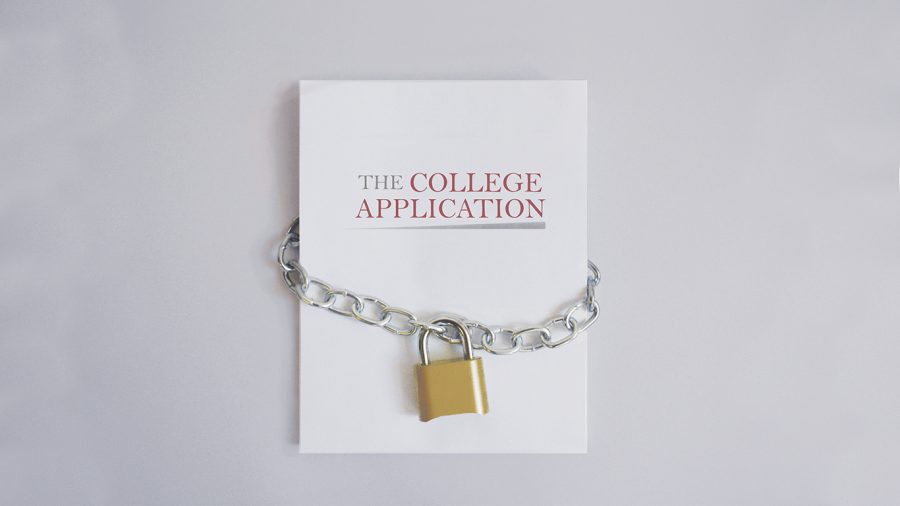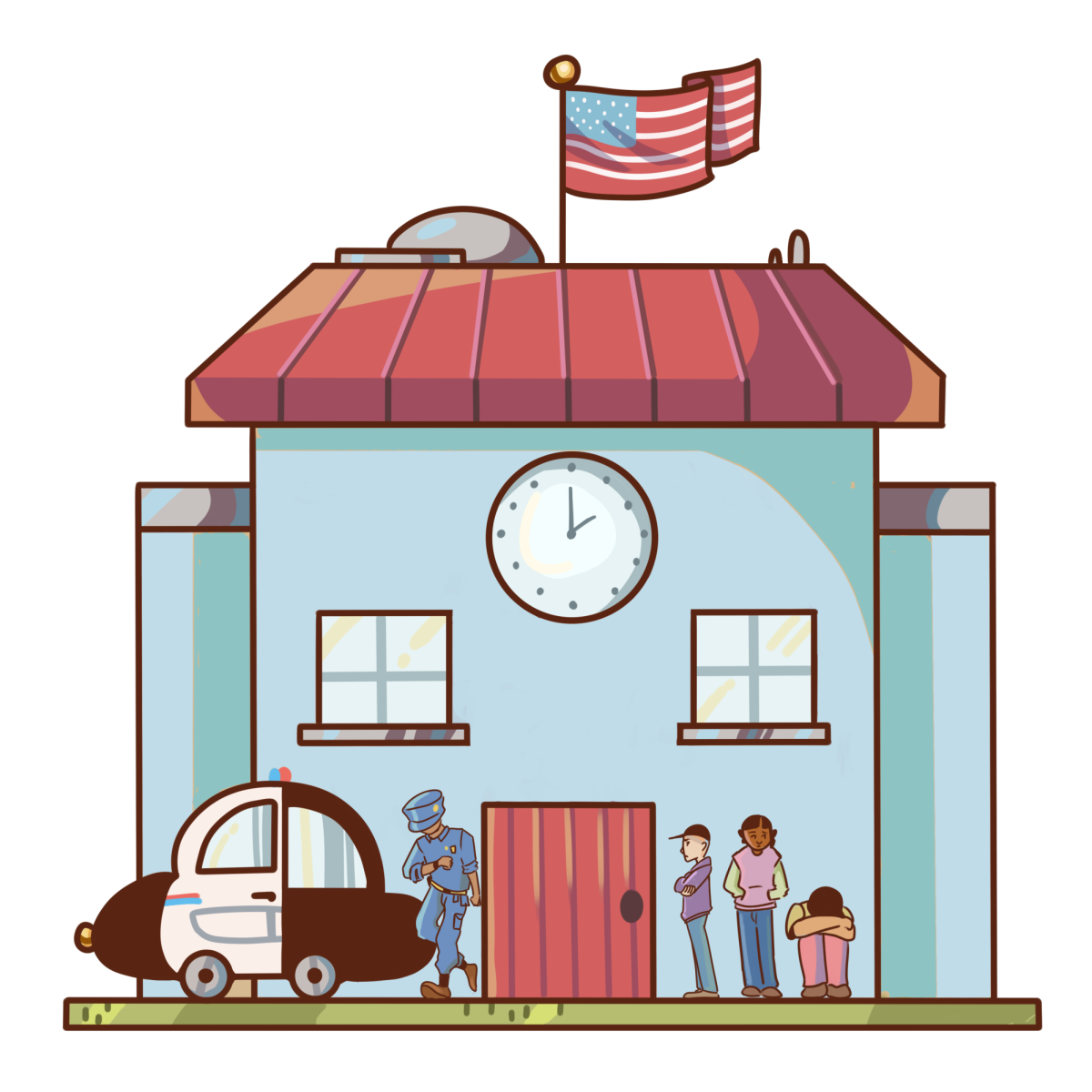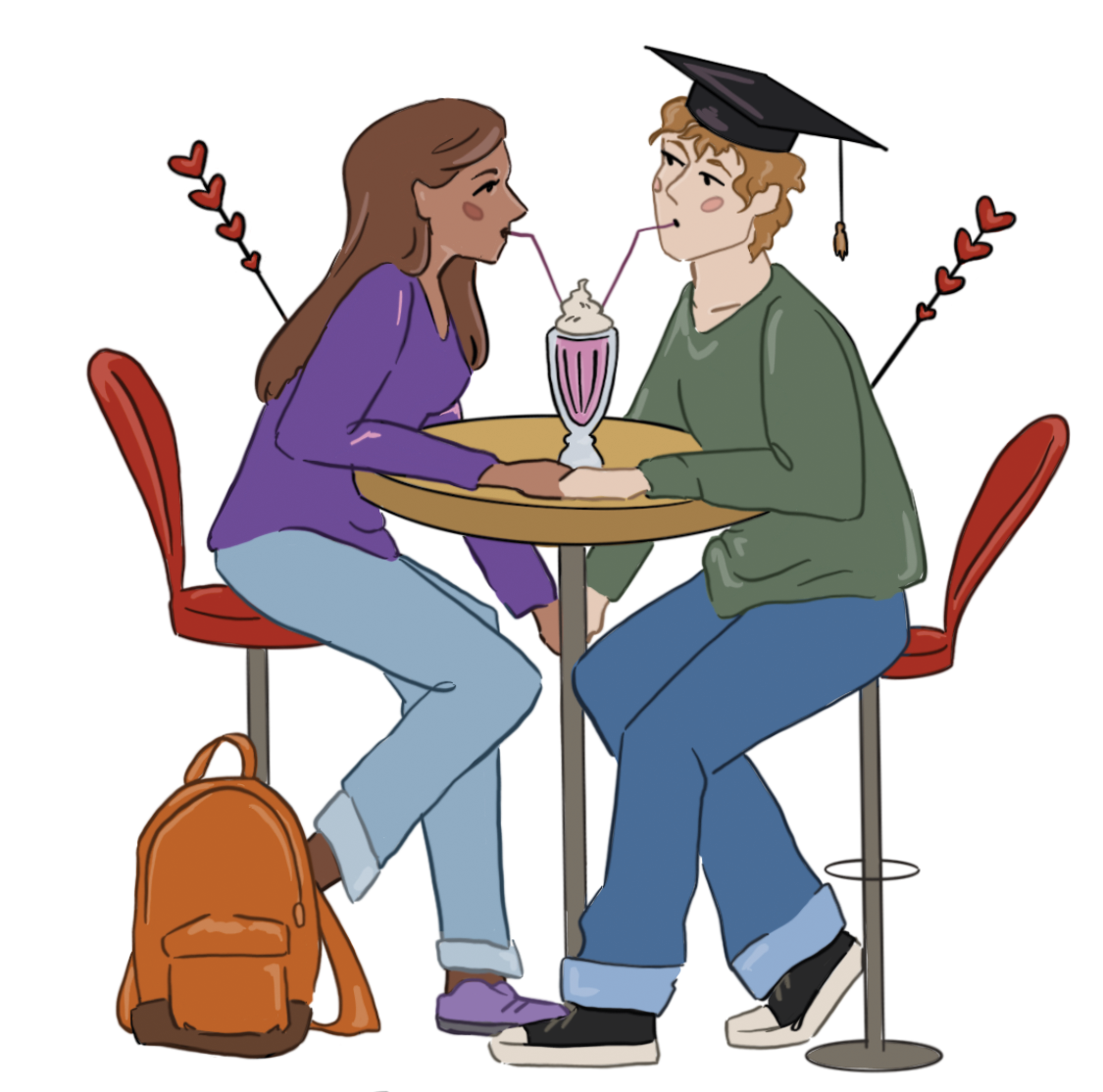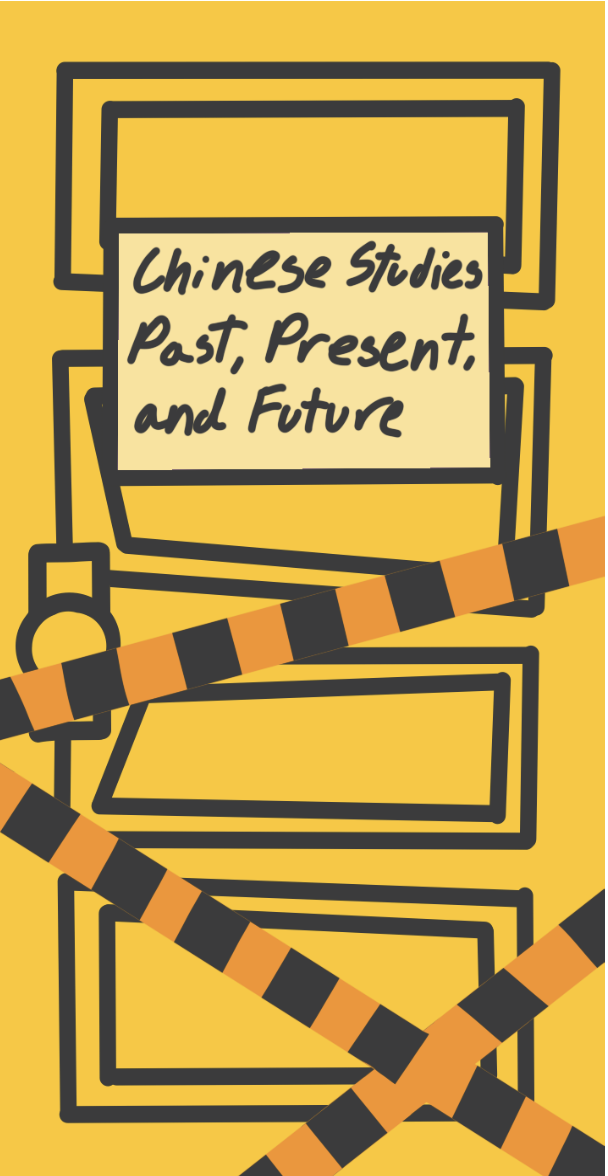Jocie Chen ’18 was on the home page of her Common Application when she sensed her friends looking at her screen. She said she felt nervous and embarrassed as they bombarded her with questions and judgments: “That’s a really big reach for you,” “You need an insane GPA to get in,” “Come on, everyone here is applying there,” and “Are you sure?”
Many students prefer to keep their college applications as private information and more than 21 percent of 171 seniors polled have resorted to being untruthful about where they plan to apply. Additionally, 76 percent believe that they have been lied to by a friend or classmate, which could be indicative of a secretive social atmosphere.
“This year, kids are reluctant to make a decision about where they’re applying until they find out what everyone else is doing, and they’ll often tell their close friends what they’re doing or what they’re hoping for, but I think they generally try to keep private with exactly where they’re applying and certainly with the application itself,” Upper School Deans Department Head Beth Slattery said. “That part is really understandable to me.”
Slattery recalled an instance a few years ago that may have impacted the way Harvard-Westlake students go about the college process: a student attempted to put together a spreadsheet tracking each of the seniors’ early application schools— what she deems an “invasion of privacy.”
“I do wonder now if people trust each other not to share something, even if it’s your close friend who might just let it slip,” Slattery said.
Though confidence and general privacy certainly play a role in the decision to share information, Chen says many students on campus instead choose to keep their college lists secret purely because of the possibility that they may be applying against their friends.
“When you hear about your closest friends applying to the same places as you, you get really worried because you don’t always think you’re up to their standards,” Chen said. “And sometimes it makes me nervous when I show other people what schools I’m applying to because maybe they aren’t as ‘good’ as theirs.”
Similarly, Daniel Varela ’18 said he feels as though social life at Harvard-Westlake is severely impacted, both short and long term, by the secrecy and competition of the college process.
“Especially if the school you [and a friend] are both applying to is in your top five, it does create a lot of tension and you kind of distance each other during that time period,” Varela said. “It could lead to worse repercussions in the end.”
In addition to conflicts between friends vying for the same university, other students worry that the worst social tensions are to come after the process itself, and will arise when college admission decisions are released.
“When I found out that a lot of people that I was close to were also applying to my Early Decision school, I got super stressed,” Tarin North ’18 said. “When the letters come out, a lot of people are going to be upset. I know I would be upset if I didn’t get in, but I also wouldn’t know how to handle it if I did.”
Another aspect of the competition between students happens to be the belief that there isn’t room for everyone to succeed, Upper School Dean Jennifer Cardillo said.
“I think that students feel like it’s a little bit of a game in that someone else’s success might cost them something,” Cardillo said.
With the potential for competition and social tensions that can be rooted in the college process, the deans advise students to avoid allowing their school choices to be influenced by those of their friends, but this practice opens up the possibility of two friends competing for the same spot.
“It definitely hurts to know that your friends are applying to the same schools,” Charlotte Weinman ’18 said. “But the way to absolve that is to not tell your friends where you’re applying, but then it feels like you can’t talk to them about specific things pertaining to your school.”
Though nearly one fifth of students polled admitted to opting for the route of dishonesty in the process in order to protect themselves from criticism and the potential for rejection, Borna Shoa ’18 doesn’t believe that it’s a necessary measure.
“I wouldn’t say there’s a need to lie, but people definitely do and there’s a pressure to be more private about it, so I think it’s more secretive here than it would be at other schools,” Shoa said.
While 43 percent of students believe that the college application process is a personal process and should not be discussed with peers, many students said that there’s no necessity to keep quiet about their plans, especially if they do not coincide with others’.
“Everyone has their own set of schools and unless your top choice is one of the schools that like thirty people are going to be applying to from Harvard-Westlake, then [sharing information] shouldn’t be a problem” Harry Garvey ’18 said.
Reid Hudgins ’18 takes a more transparent approach to his college process and claims that the risk of “jinxing it” could be a reason as to why his friends and other students may be inclined to keep their schools private.
Many students attribute the majority of the competition and tension on campus to general stress itself, and argue that college does not play a role in social life.
“I don’t really think the process has had a big effect on people,” Ayanna Frey ’18 said. “I think it’s generally their prerogative whether they want to be secretive about it or be open about it, but I don’t think it’s had any negative or positive effects on friendships.”
Student Natalie Kroh ’18 has begun to take the preemptive approach of avoiding aggressive conversations by making sure to keep a neutral atmosphere to avoid conflict.
“As soon as it gets competitive, that’s when I stop the discussion,” Natalie Kroh ’18 said.
Other students claim that the anxiety that comes with choosing whether or not to reveal their choices has become a unifying issue for the student body.
“For now, its a collaborative process because we’re all suffering together,” Abi Thomas ’18 said. “When it gets closer [to decision time] it might be a little more competitive, but right now it’s just sort of togetherness.”
Although the strain of college applications is evident among the senior class, some still believe that efforts are being made to maintain a healthy, inclusive and good-natured aura on campus, especially in comparison to past years.
“[The effects of the college process] have actually been reversed from what I was expecting from last year,” Wilder Short ’18 said. “I still see the support that you’re hoping for in this time because it’s all very stressful, and I don’t see any division.”










































